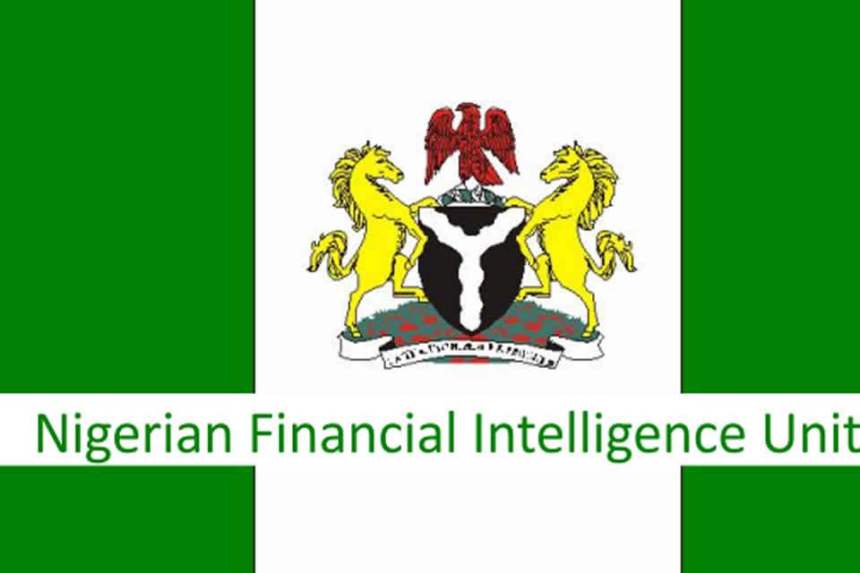- The NFIU raised concerns about weapons influx from Libya worsening Nigeria’s security, urging revisions to anti-terrorism financing strategies for effective management
- CEO Hafsat Bakari emphasized the need for sustainable measures against terrorism, calling for international support to combat financing and weapon proliferation
The Nigerian Financial Intelligence Unit (NFIU) has raised concerns about the influx of weapons into Nigeria from Libya, worsening the country’s security challenges.
Hafsat Abubakar Bakari, CEO of NFIU, highlighted the issue during a Roundtable event hosted by the Centre for International Private Enterprise in Washington, D.C.
She noted that Nigeria, affected by terrorism in the Sahel region, must revise its Anti-Money Laundering, counter-terrorism financing, and Counter-Proliferation (AML/CFT/CPF) strategies, involving the private sector to strengthen efforts.
According to a statement by NFIU’s Head of Strategic Communication, Sani Tukur, Bakari linked the inflow of weapons from Libya to the rising internal crises of banditry and kidnapping in Nigeria. She emphasized that the country doesn’t need temporary solutions but sustainable measures to combat terrorism.
Bakari also showcased Nigeria’s progress in bolstering its AML/CFT/CPF systems. She explained that the NFIU and other stakeholders have been working to ensure that the country’s financial systems remain secure and resistant to abuse by money launderers and criminals.
She further stressed that while the NFIU has political backing, it requires institutional support to execute its mandate fully. Bakari called on the international community to assist Nigeria in fighting terrorism financing, particularly in the Sahel and Lake Chad regions.
During the event, Bakari also highlighted the revival of the Joint Task Force on terrorism finance in the Sahel. A meeting is set in Abuja later this month, at which member states will sign an MOU to further these efforts.
On October 1, the NFIU delegation also met with Ms. Oge Onubogu, Director of the Africa Program at the Wilson Center, to discuss ways to amplify Nigeria’s reforms within key US sectors.
